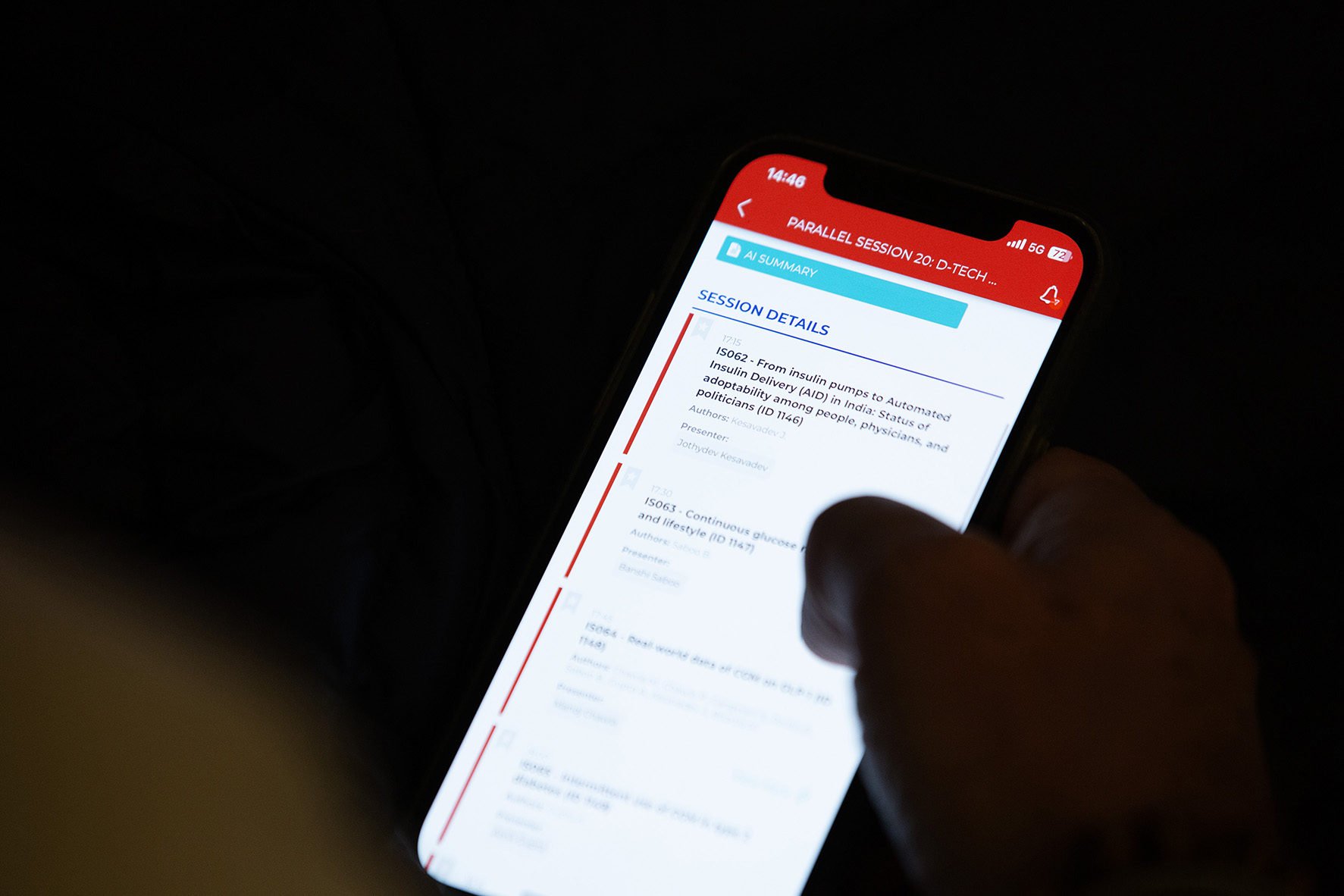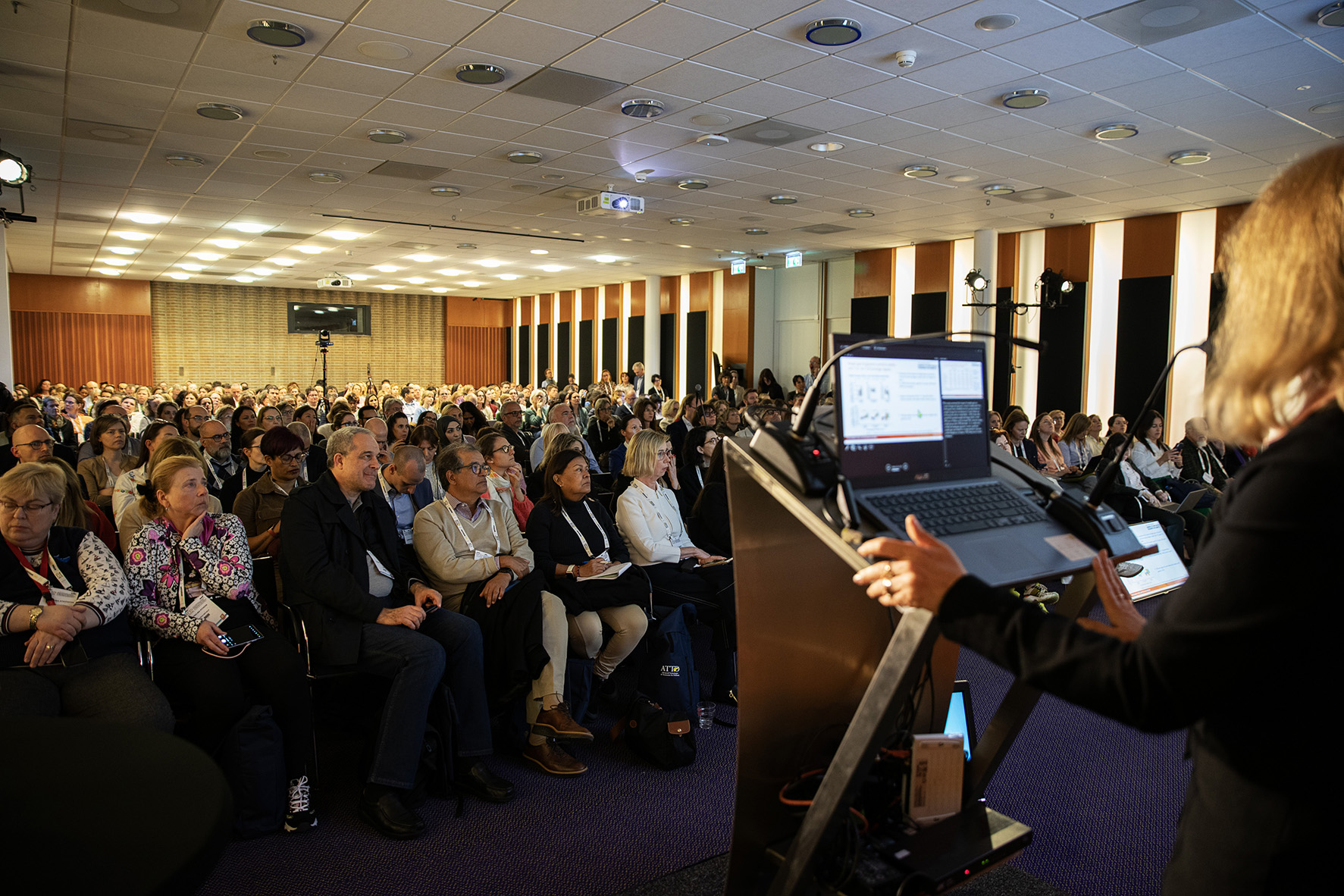Scientific Program
5 Days of the latest insights on innovative diabetes technologies and treatments
ATTD is the leading international meeting point where clinicians, diabetes care providers, researchers, industries, investors, reimbursement authorities, and people with diabetes, assemble with the aim to share knowledge and develop collaborations.
Presentations and discussions will be given by many distinguished professionals in the field and will include topics such as digital clinics, decision support systems/advisors, big data and artificial intelligence-based decision support systems, glucose sensors, closed-and open-loop systems, artificial pancreas, devices for diabetic prevention, new insulins and new medications, insulin pumps and many more.
Join us on 11-14 March, 2026, in Barcelona to get the latest insights!
* Correct as of 18 February 2026






